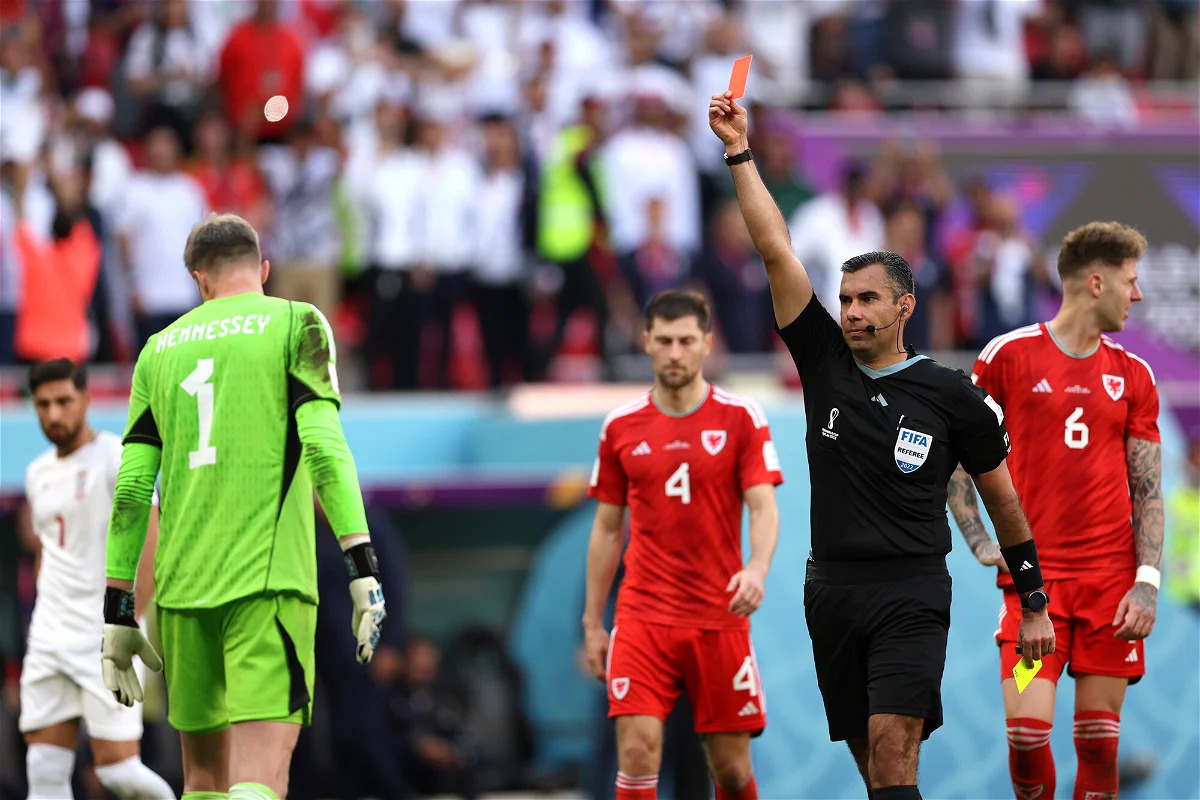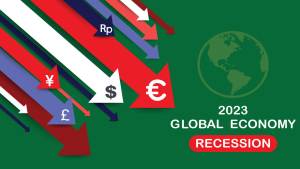Politics is a rogue player, in private and public lives. As the FIFA World Cup 2022 approached zero hour, trolls targeting Qatar hit new highs. Anti- Qatar protesters tried every trick to stall the quadrennial football event. The notorious cancel-culture was in full display, much to the ire of soccer-lovers. Why protest and troll against a soccer show? Why this antipathy towards Qatar, a FIFA country? Why politicise a grand sporting spectacle?
The Migrant Workers’ Story
Protesters said Qatar failed to treat its migrant workers in full fairness. Qatar officials claim 30,000 immigrant workers were employed to build the FIFA World Cup stadiums and a mere 37 of them died. The International Labour Organisation disagrees and fixes the actual death toll at 50. However, angered anti-Qatarists maintained both the numbers of immigrant workers and those who died are gross understatements.
Antagonists insisted the migrant workers’ story did not end there. Many migrant workers in special projects paid upfront to begin working on the FIFA World Cup sites. Willy-nilly, they did indentured servitude, aiming to recover the upfront sums at least. Not a singular horrendousness, peculiar to the Doha event. Meanwhile, thanks to the FIFA football event, Qatari labour laws are witnessing reforms. Already, Qatar has relaxed exit-visa conditions and made it easier for migrant workers to change jobs. If anything, the FIFA World Cup is changing the immigrant labour landscape for the better.
Perhaps. Qatar critics continued to overlook telling reports on immigrant labour across nations, China in particular. Time and again, Human Rights Watch exposes how China fails to honour its promises to migrant workers employed in its Olympic Game construction sites. As a routine, immigrant workers in China are discriminated against and many of them die in harness. Yet, a labour-unfriendly Beijing was allowed to host the 2022 Olympic Games.
Violation of Human Rights
Qatar’s human rights record was cited as another reason for the protest. Russia hosted the previous FIFA World Cup in June-July 2018. How Russia was allowed to hold the event when its human rights record is smeared with abuses is baffling at best. Not long ago, in February 2022, China hosted the Olympic Winter Games in Beijing. China’s human rights violations in its Xinjiang region, riddled with atrocities on Uyghur Muslims, continue unabated. Yet, Beijing was given the green signal to play host to the Olympic Winter Games. Why raise human rights issues only when convenient?
Prior to Russia, Brazil held the FIFA World Cup in 2014, while the Latin American nation was in the docks for violation of democratic rights on its soil. How did FIFA’s member-nations agree to participate in a World Cup event hosted by a rights-violating member?
Sad, there is no major country with zero instances of rights-violation. Every country, with the honourable exceptions of Sweden, Switzerland, Netherlands, Denmark, Norway, Canada, Finland, Australia, New Zealand and Belgium, in that order, violates human rights in varying degrees. If human-right breaches are reasons for not allowing to host sporting events, weren’t the protesters doing precisely what they are up against?
Less Democracy Better at Times
The pro-protest lobby argued Qatar is not a democracy. If being a democracy is an essential qualification to host global sporting events, how was China allowed to hold the Beijing Olympics in the first place? How was Russia allowed to host the Sochi Winter Olympics in 2014? Sports administrators argue democracies hold referendums, get a large say in decision-making and this is why sporting events land on the laps of non- democratic nations.
In a classic doublespeak, former FIFA secretary general Jerome Valcke said in 2013: “Less democracy is sometimes better for organising a World Cup.” Why did the naysayers draw the world’s attention then to Qatar being not a democracy? Again, baffling and bewildering at its best.
Unhappy Over a Delightful Possibility
Meanwhile, sports economists are putting up a different set of arguments, which are taking an unfamiliar turn. In the decade following 2010, the year Qatar won the FIFA hosting rights, beating America and Japan, lavish air-conditioned stadiums and other sports infrastructure were put up. The critics are now saying this lavishness is money down the drain. Perhaps, Qatar will barely use this infrastructure post-2022. But, the potential of these assets to promote football in the Arab world is real.
The new football infrastructure will promote goodwill too. From the day Qatar was confirmed as the host of the 2022 World Cup in a Zurich hall on 2 December 2010, the Arab world has not stopped rejoicing over the possibility of acquiring a football tradition, with a world-class stadium and training facility to boot. Arab world’s football dreams have never been so close. Why should the critics be unhappy over such a possibility?
Away From the Core Issue
Unconvinced, antagonists went on to claim Qatar bribed FIFA officials for the award to host the 2022 World Cup. This cannot be a reason for holding against soccer and its most spectacular global show. If bribes were involved, shouldn’t the antagonists protest against FIFA and its administrators? Why hold the World Cup 2022 as a hostage? Qatar’s homophobia and criminalisation of gay sex were other reasons behind the protests. Laws criminalising homosexuality are not the preserve of Qatar alone. Sex between men is illegal in nine of the 18 countries which make up the region.
Plus, eight regions in the Americas, 32 nations in Africa, 23 in Asia and seven in Oceania are out of bounds for the LGBTs. Thus, singling out Qatar and saying it is homophobic is moving away from the core issue. In a world where everything is politicised and protests are staged for the heck of it, no sporting event can happen if protesters are allowed to dictate and set the rules.
Qatar is not a free country was another argument. Look at the Freedom House’s sliding scale for freedom in the world. True, in 2021, Qatar scored a low 25 on the 0-100 scale. But, this is not the lowest score for a country taking part in the FIFA World Cup 2022. Saudi Arabia scored a poor 7 and Iran scored a low 14. Nor is the US, at 83, the freest nation. There is a large difference between being free and being independent. Consider India. Though it is independent, it is not really free with a score of 66 assigned to nations with a partially-free status.
Venting Out Against Politicisation
A few weeks before the World Cup, FIFA president Gianni Infantino wrote to each of the 32 qualifying nations urging them “to focus on football” and “not allow football to be dragged into every ideological or political battle that exists.” It was time, he said, to let the sport “take the stage.” France was in agreement. Qatar has a close soccer relationship with France and has invested in the Paris Saint-Germain football club. As expected, French president Emmanuel Macron stepped forward in Qatar’s defence and slammed politicisation of soccer. He said: “Sports should not be politicised. These questions must be asked when the hosting is decided. It is not necessary to ask them when the event comes.”
In Conclusion
At the end of it all, the FIFA World Cup in Doha was able to rise above the waves of tearing trolls and trenchant criticisms, and take off to a flying start. Despite political diversions and dilutions, soccer was able to surge above the scum of divisive politics. This is good news. Let politicisation not happen again with any sports event tomorrow. Hope the lovers and the protagonists of sports become apolitical referees to prevent rabid politicisation of sporting events. High time they flashed the red card to cancel-politicians.










